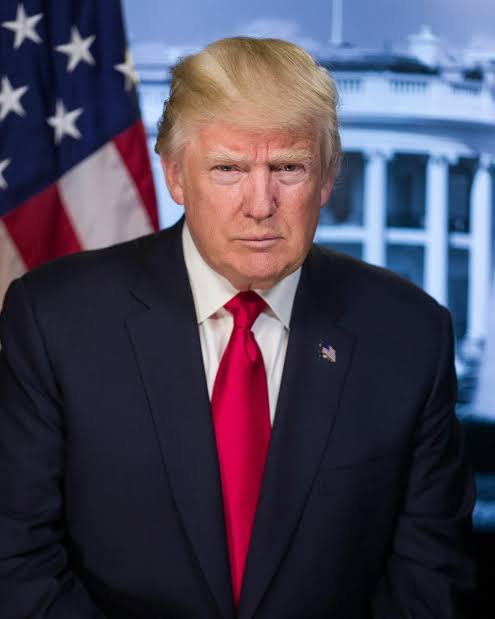Donald Trump, TikTok, Facebook, Meta, social media regulation, US national security, Mark Zuckerberg, ByteDance, Protecting Americans Act, digital privacy, US-China relations, social media competition, free speech online, data privacy, tech legislation, cybersecurity, political influence on social media, anti-TikTok legislation
In an evolving narrative surrounding the availability of TikTok in the United States, former President Donald Trump has expressed surprising support for the popular social media platform, despite his historical aversion to Facebook and its CEO, Mark Zuckerberg. This position marks a significant shift from Trump’s earlier attempts to ban TikTok during his presidency, reflecting the intricate relationship between politics, social media, and national security concerns.

Donald Trump’s Unexpected Advocacy for TikTok
Explore the intricate stance of Donald Trump on TikTok versus Facebook, delving into the complex interplay of social media dynamics, US legislation, and the ongoing debate on digital privacy and national security. Understand the implications for tech giants and the future of social media regulation.”
A History of Conflict: Trump vs. Zuckerberg
Trump’s adversarial relationship with Zuckerberg and Facebook has been public and contentious. Accusations from Trump that Facebook was “always anti-Trump” culminated in Meta’s decision to ban him from its platforms after the January 6, 2021, Capitol riots, although this ban was eventually lifted in 2023. These episodes underscore the tensions between political figures and social media giants, raising questions about free speech, censorship, and the role of digital platforms in public discourse.
The Evolution of Trump’s TikTok Policy
Remarkably, Trump’s current stance on TikTok contrasts sharply with his actions as president. In August 2020, he issued an executive order targeting TikTok and WeChat over national security concerns, prompting a series of negotiations that eventually involved major US companies like Microsoft and Oracle. This policy shift reflects the complex interplay between national security, economic interests, and the global digital ecosystem.
Bipartisan Moves Against TikTok and the Role of Legislation
Recent legislative efforts aim to address the challenges posed by foreign-controlled mobile applications, with TikTok at the center of this debate. The proposed “Protecting Americans from Foreign Adversary Controlled Applications Act” seeks to sever TikTok’s ties with China or enforce a national ban. This bipartisan initiative underscores the ongoing concerns about data privacy, national security, and the influence of foreign powers through digital platforms.
Implications for US Politics and Social Media
The unanimous passage of the bill by the US House Energy and Commerce Committee signals a strong legislative intent to regulate the operations of foreign-controlled apps in the US. With many Republicans highlighting the risks associated with TikTok’s data practices and potential propaganda, the debate over TikTok’s future in the US intersects with broader issues of digital sovereignty, cybersecurity, and the political implications of social media.
Conclusion: Navigating the Future of Social Media Regulation
Donald Trump’s recent expressions of support for TikTok amidst a broader legislative and political context reflect the nuanced and often contradictory perspectives that define the US’s approach to social media regulation. As lawmakers, former presidents, and tech moguls engage in this complex discourse, the outcomes of these debates will likely have lasting impacts on the landscape of digital communication, privacy rights, and international relations in the digital age.
In this ever-changing digital environment, the conversation surrounding TikTok, Facebook, and their roles within and beyond the US borders continues to evolve, highlighting the intricate balance between fostering innovation, ensuring national security, and protecting individual freedoms in the digital era.